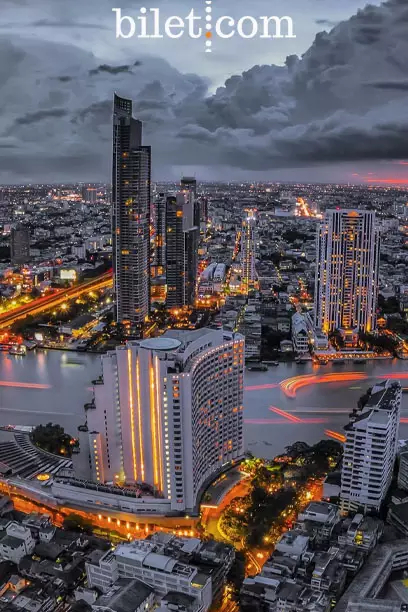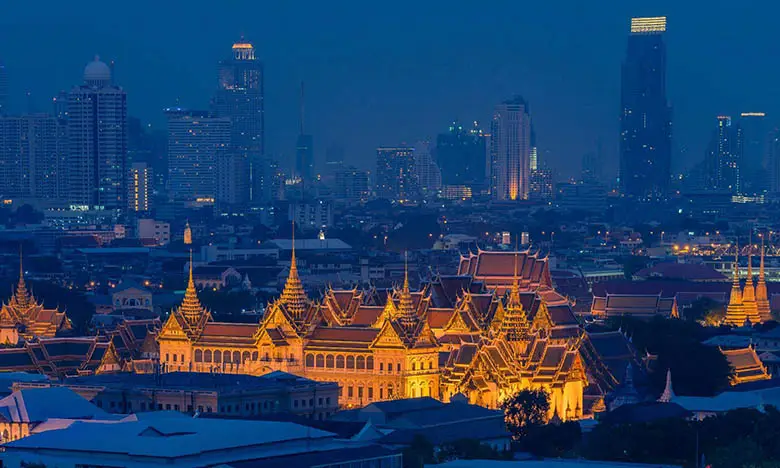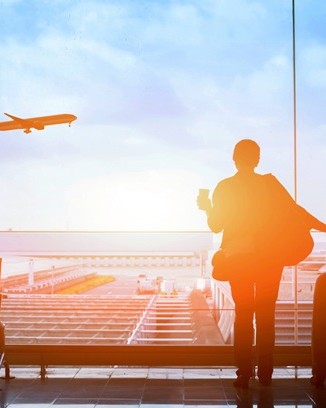Opposition
In the City of Angels, mega shopping malls stand side by side with 200-year-old village houses. Gold-domed Buddhist temples share space with venues illuminated by cheap neon lights. In this city, you can bypass the slow traffic on the river with long-tail boats. Restaurants in skyscrapers look down on the street vendors lining the streets. Thus, as Bangkok hurtles towards the future, these contrasts never fail to provide the city with its unique and ever-changing Thai momentum.

Full of Food
If you haven't eaten on the streets of Bangkok with your sweat mixing with your noodles amid exhaust fumes, it means you haven't had real Thai food. This can be an intense mix: the most basic flavors—spicy, sour, sweet, and salty—may not be the meat and potatoes you expect. But for adventurous food lovers who don't need white tablecloths, there is no better destination in the world to dine than here. In addition, local and international cuisines of Thailand, which migrated to the capital, offer truly contrasting experiences.
Exploring the City
Most of daily life in this city takes place on the streets. Bangkok also offers more rewards to its explorers than any other city in the world. Long boat tour to visit a hidden marketplace. A walk in Banglamphu may lead to a conversation with a monk. If you get lost in Chinatown, you may come across a live Chinese opera performance. After dark, let BTS (Skytrain) accompany you to Sukhumvit. Local nightlife here creates a sophisticated and dynamic city.
Fun Friendships
The language barrier may seem huge, but this has never stopped anyone from communicating with Thai people. The cultural foundations of the capital are the most admired aspect of its inhabitants and evidence of its sense of sà·nùk (fun). Anything worth doing in Bangkok has to have an element of “sà·nùk”. Ordering food, exchanging currency, and bargaining should generally involve a sense of joy, a sense of flirtation, and always a smile. It's a language that doesn't require words and is very easy to learn.







